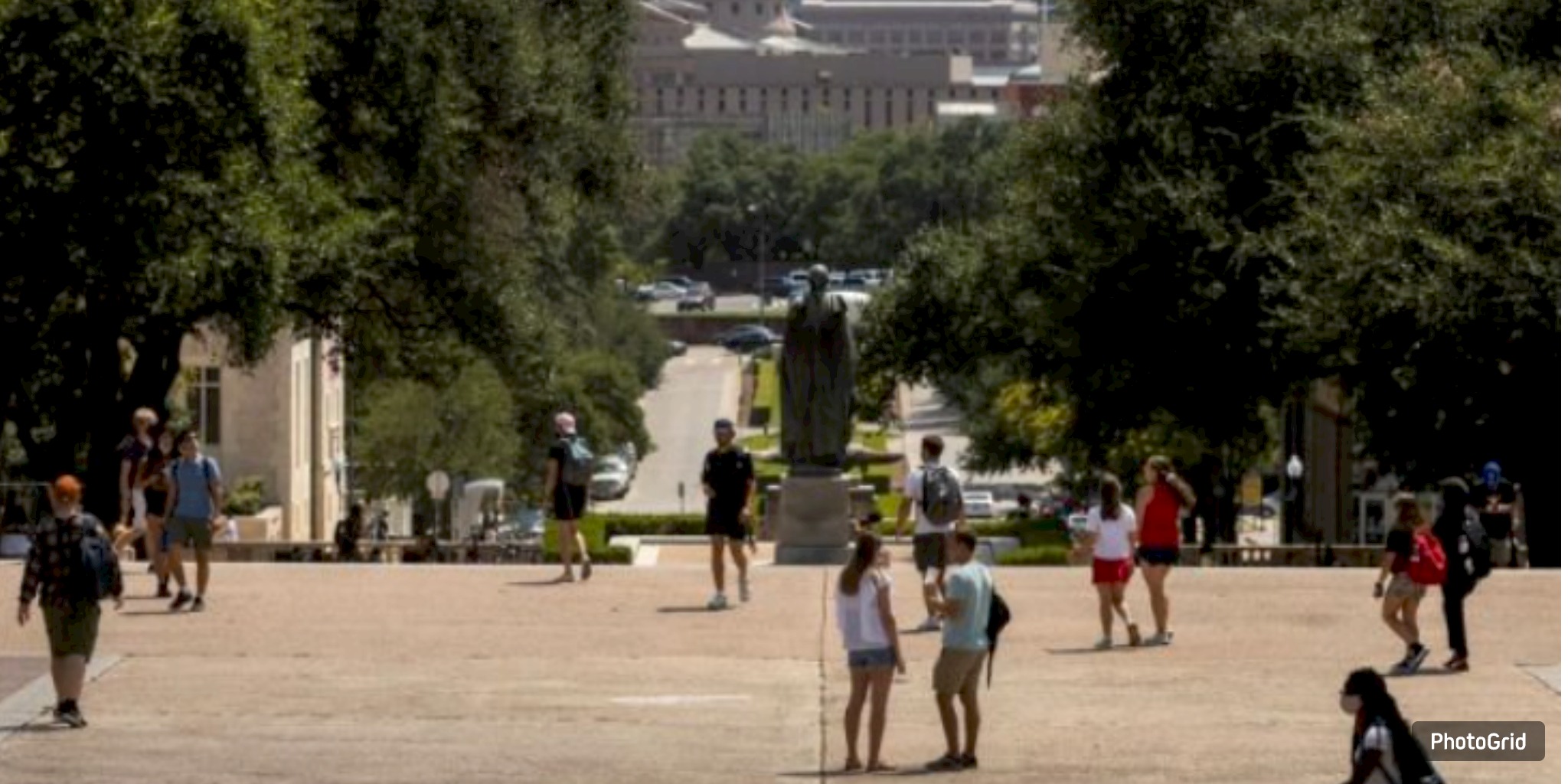Texas ends its groundbreaking in-state tuition policy for undocumented students, sparking fear among students and educators and raising concerns about ripple effects across the U.S.

Texas has officially overturned its groundbreaking legislation that, since 2001, enabled undocumented students to access in-state tuition rates at public colleges and universities.
The recent decision, confirmed through a consent judgment with the U.S. Department of Justice in June, has had a dramatic impact on the lives of thousands of students and sparked concerns that other states might take similar actions.
A complaint from the DOJ led to the repeal, citing a conflict between the policy and Texas Attorney General Ken Paxton quickly agreed to terminate the act—just six hours after the case was filed in federal court—following a surprising turn of events and a conflict with federal immigration law.
On Tuesday, a press call organized by the immigrant youth-led group United We Dream featured educators, legal experts, and undocumented students who highlighted the extensive implications of the rollback. Their observations underscored that the choice not only jeopardizes educational access but also sets a precedent for comparable policies in other regions.
“This repeal undermines the rights of students who have called Texas home for their entire lives,” stated Juan José Martinez-Guevara of United We Dream. “This reflects a broader trend of focusing on young immigrants.”
Supporters claim that the effects are already noticeable. Several students are facing unexpected charges for out-of-state tuition that exceeds their financial means. Some individuals, such as a psychology student and Dream Act recipient known as “Ana” (name withheld), are concerned that they may not be able to complete their degrees.
“All that hope vanished the night I learned the law was repealed,” said Ana, who is just one semester away from earning her degree.
Educators are also facing the challenges that this situation presents. Rosie Kurtz, a math teacher in Dallas ISD, expressed that the repeal undermines years of commitment to students' futures. “What strategies can you use to inspire them to achieve their goals when higher education seems unattainable?” she inquired.
The ACLU of Texas, along with several legal organizations, has submitted a motion to prevent the repeal, contending that it was implemented without any public consultation. Valeria Alvarado from the ACLU highlights that undocumented students make up only 1.5% of the college population in Texas. Yet, they are responsible for an impressive estimated contribution of $5.4 billion each year in taxes.
“This impacts not just students but also the economy and institutions of the state,” Alvarado stated.
Ovidia Molina, president of the Texas State Teachers Association, highlighted the extensive, bipartisan backing for the law at the time of its passage. “All stakeholders—families, educators, and business leaders alike—recognized the positive impact this would have on Texas,” she stated.
Meanwhile, individuals like a former DACA recipient and microbiology graduate must reassess their plans. "The repeal adds to the mounting obstacles," he expressed. “I am concerned about the possibility of missing out on furthering my education and potentially jeopardizing my ability to remain here.”
As legal battles progress, the outlook is unclear for countless students who previously viewed Texas as a land of promise.
.jpg)
After widespread closures caused by winter weather, most Houston-area public schools, colleges and charter networks plan to reopen Tuesday, with districts urging families to remain cautious during the frigid morning commute.
.jpg)
Houston Mayor John Whitmire is warning residents to stay home from Saturday through Tuesday as a major winter storm approaches, bringing potentially dangerous cold, wind chills and uncertain ice conditions.
.jpg)
A new federal assessment finds that deep shale formations beneath the Permian Basin contain far more recoverable oil and gas than previously estimated, enough to supply the U.S. for months at current consumption rates. for months at current consumption rates.